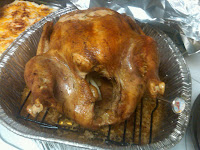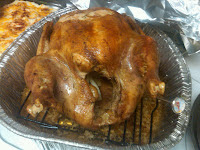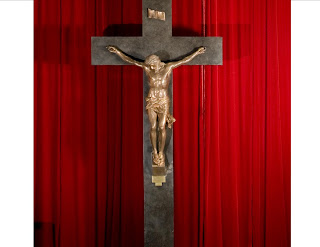Oh, there’s no place like home for the holidays
‘Cause no matter how far away you roam
When you pine for the sunshine of a friendly gaze
For the holidays, you can’t beat home sweet home
I met a man who lives in Tennessee, and he was heading for
Pennsylvania and some homemade pumpkin pie
From Pennsylvania folks are travellin’
Down to Dixie’s sunny shore
From Atlantic to Pacific
Gee, the traffic is terrific
Oh, there’s no place like home for the holidays
‘Cause no matter how far away you roam
If you want to be happy in a million ways
For the holidays, you can’t beat home sweet home
(When you pine for the sunshine of a friendly gaze
I met a man who lives in Tennessee, and he was heading for
Pennsylvania and some homemade pumpkin pie
From Pennsylvania folks are travellin’
Down to Dixie’s sunny shore
From Atlantic to Pacific
Gee, the traffic is terrific
Oh, there’s no place like home for the holidays
‘Cause no matter how far away you roam
If you want to be happy in a million ways
For the holidays, you can’t beat home sweet home
For the holidays, you can’t beat home sweet home
For Lydia Maria Child (1802–1880), who was an abolitionist, an activist for both women’s and Native American rights, and an opponent of American expansion, as well as a journalist and the author of the familiar 1844 poem we all learned long ago in school, The New-England Boy’s Song about Thanksgiving Day, « home for the holidays » was a traditional New England family house kept by Grandfather and Grandmother who made everyone feel at home.
Over the river and through the wood,
To Grandfather’s house we go;
The horse knows the way to carry the sleigh
Through the white and drifted snow.
Over the river and through the woods,
To Grandfather’s house away!
We would not stop for doll or top,
For ’tis Thanksgiving Day.
Over the river and through the woods,
Oh, how the wind does blow!
It stings the toes and bites the nose
As over the ground we go.
Over the river and through the woods,
And straight through the barnyard gate;
We seem to go extremely slow,
It is so hard to wait!
Believe it or not, the full poem has another 8 stanzas! But I think we’ve gotten the point by now – that it takes some effort and can be a challenge to get home for Thanksgiving, but that it is obviously well worth it!
For many today, « home » might be a local church’s « Thanksgiving Dinner » for seniors, creating at least a temporary « home » where none any longer exists, for those for whom the need to share a turkey with family, with friends, with someone remains deeply rooted. And, if those examples are but two ends of the Thanksgiving Dinner spectrum, there are a lot of traditional and innovative versions of « home » in-between.
These ideals are intrinsic to the symbolism of this celebration, as is Jonathan Winthrop’s familiar invocation in his 1630 sermon, “A Model of Christian Charity,” of the New Testament image of a city upon a hill – invoked not (as it has since sometimes been invoked) in a spirit of self-congratulation, but as a challenge to become an authentic moral community:





